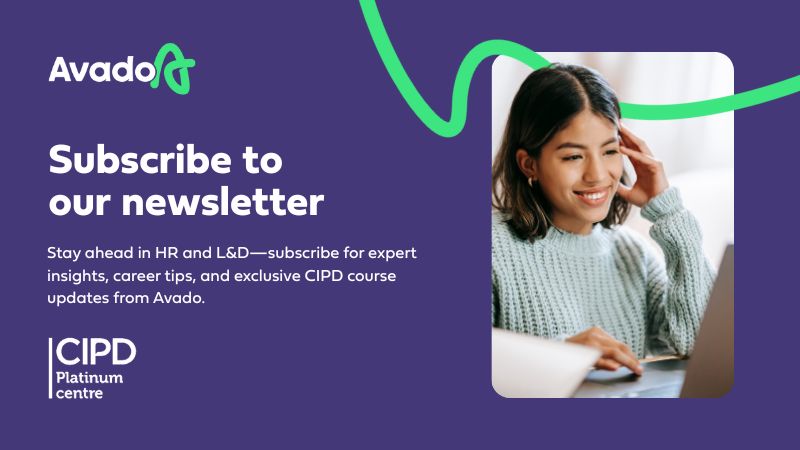This week is Adult Learners’ Week and we’re looking at the benefits and the obstacles of lifelong learning. Adult learning is a hugely beneficial and productive process‚ but it can be challenging. Part of the process is to be able to overcome these obstacles and realise that for every challenge we may face as adults‚ we have an advantage in some other respect.
Here are some of the challenges adult learners may face:
- Time Management
- Motivation
- Anxiety
- Back to School
- An old dog learning new tricks
1. Time management
Adult learners tend to have more responsibilities and existing commitments such as family‚ friends‚ work and travel times to contend with‚ so the restriction of a classroom based‚ set lesson time structure is not ideal. It can be difficult to make room for learning and is absolutely crucial to prioritise. We need efficiency and flexibility. That’s why a college that offers flexible schedules is a great option for adult learners. Distance learning can give us a quick and efficient way to help develop the skills we need with support from tutors who understand the fact that personal obligations might obstruct the learning process.
Insight: With more adults working hybrid or freelance jobs, flexible, asynchronous learning formats have become even more critical. Platforms that allow learners to pick up where they left off and mobile-friendly interfaces are now essential.
2. Motivation
Adult learners often struggle where the motivation for learning is necessity rather than interest. It can also be hard when attention is divided between different responsibilities. It is important to find a course with content that inspires and can be immediately applicable to our professional needs. The advantage is that as adult learners we feel the need to take responsibility for our lives and decisions and so have more intrinsic motivation to learn. We have a rationale for why we need to know how to do certain things.
Insight: Learners today seek more purpose-driven education. Courses that connect directly to career progression or personal development goals, such as Avado’s CIPD-accredited programmes, tend to see better retention and completion rates.
3. Anxiety
Many adults return to learning in order to stay ahead in the job market or boost their careers ‚ so adult learners are under a lot of pressure‚ from themselves and those dependent on their expertise. Returning to study can be a big investment in terms of time and money and because adults are more acutely tuned to learning outcomes and the results they want to achieve‚ there is more pressure on them to do so. On the other hand‚ adult learners come to the educational setting with more relevant experience and while the pressure can be greater as a result‚ having focused goals is often the key to success.
Insight: Performance anxiety in adult learners is now often linked to digital skills gaps. Offering onboarding support, peer learning groups, or microlearning resources helps build learner confidence early on.
Explore: What Is Performance Management? A Research-Informed Guide for HR and People Leaders
4. Back to school
Going back to learning when we’ve had a break can be hard. Adult learners often feel outside their comfort zones when a number of years have passed‚ or if they didn’t have the best experience before‚ but returning to study doesn’t have to mean returning to school. For those of us who struggle with classroom learning‚ there are alternatives. Although balancing study with other commitments can mean slower learning‚ the balance can lead to more integrative knowledge. Distance learning is a popular method for adult learners‚ with a vast range of online courses available for gaining additional qualifications.
Insight: The stigma around returning to education later in life has decreased significantly. Many employers now actively encourage upskilling at all ages, especially in fields like L&D, HR, and digital marketing.
5. An old dog learning new tricks
Adult learners tend to be more established in their ways and more resistant to change. Maturity and profound life experiences influence learning and can lead to reluctance to accept new ideas‚ which is the enemy of learning. The reality is that ageing does affect learning – adults tend to learn less rapidly with age. However‚ depth of learning increases and the ability to navigate knowledge and skills to extraordinary personal levels. Adult learners recognise the direct relevance of learning to their lives and are better at learning content that is oriented towards solving problems; and practical knowledge that will improve skills‚ facilitate work and boost confidence. Moreover‚ learning itself improves the mind‚ so the speed of learning does increase with practice.
Insight: With AI and immersive tech (like AR/VR) increasingly used in adult education, adaptability has become a key skill. Avado’s digital-first approach ensures learners are supported through these changes.
Explore: AI in HR: How to Keep It Human with 4 Real Cases and Actionable Insights
We encourage you to take on the challenge of adult education‚ overcome the obstacles and learn something new.
What’s Next in Adult Learning?
As lifelong learning becomes the norm, adult education must evolve beyond short-term skills. In 2025, personalised learning pathways, real-time feedback through AI, and a strong focus on learner wellbeing are shaping the future. Providers like Avado are staying ahead by designing flexible, career-aligned courses that support learners at every stage of their journey.
How Avado Supports Adult Learners in Overcoming These Challenges
Our courses are built in a way to tackle these challenges head-on so that our learners can be prepared to progress their careers in HR and L&D to their fullest potential.
- CIPD Level 3 HR Courses: The CIPD Level 3 Certificate in People Practice is ideal for anyone looking to start a career in either HR or Learning and Development.
- CIPD Level 5 HR Courses: The CIPD Level 5 Associate Diploma in People Management will help you build on your existing HR knowledge.
- CIPD Level 5 L&D Courses: The CIPD Level 5 Diploma in Organisational Learning and Development is the most comprehensive course available for L&D professionals, ideal for you if you want to formalise your existing experience, skills and knowledge.
- CIPD Level 7 HR Courses: The CIPD Level 7 Advanced Diploma is aimed at expanding learners’ autonomy so they can strategically direct organisations and their people.

 6 min read
6 min read 



